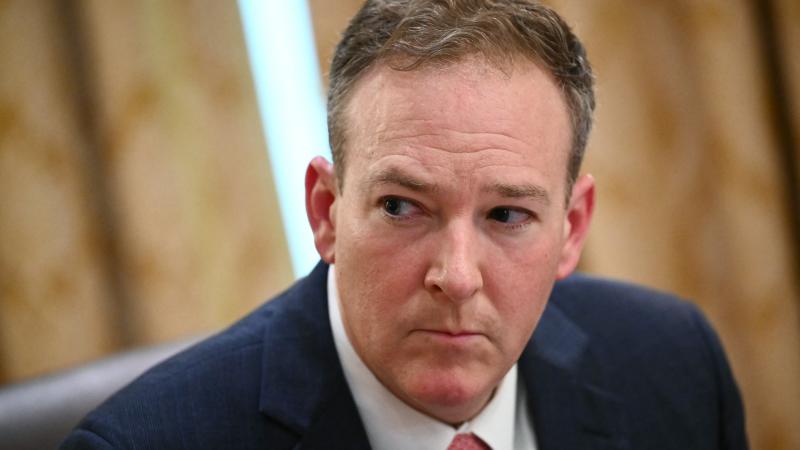Pennsylvania considers welfare reform to keep food stamps from going to dead recipients
Legislation is awaiting approval in the state House before it can go to Democratic Gov. Tom Wolf.
Proposed Pennsylvania legislation would require more state agency cooperation to ensure that welfare payments aren’t sent out after a recipient dies.
Awaiting approval in the House before it can go to Democratic Gov. Tom Wolf for a signature, Senate Bill 1124 would require the Department of Human Services to run a monthly check of death certificates with the Bureau of Vital Statistics to ensure Supplemental Nutrition Assistance Program benefits are not spent on deceased individuals.
“It's our hope that this legislation will help ensure that important public funds dedicated to helping those who need it the most reach as many Pennsylvanians as possible,” Sen. David Argall, R-Berks/Schuylkill, wrote in a legislative memo.
The impetus for the bill came from a 2016 state audit on DHS’s electronic benefits transfer (which the state uses to distribute SNAP funds) to detect fraud and monitoring weaknesses that needed to be addressed.
“We found that DHS policy allowed public assistance benefits to be paid to recipients up to 12 months after death,” the auditor’s report noted. “In fact, we determined that DHS paid 2,324 deceased recipient cardholders’ accounts during the period July 2013 through June 2014.”
DHS paid out nearly $700,000 in benefits to those deceased beneficiaries. A majority, 54%, received less than $200, 42% received $200-$999, and 4% received more than $1,000.
The department also struggled to detect improper uses of those funds or refer cases to an investigator.
“We determined that DHS fails to detect instances of inappropriate EBT card usage, especially after a recipient is deceased, and is not referring such cases to the Pennsylvania Office of Inspector General for investigation and/or overpayment recovery,” the report noted. “Investigation referrals submitted to the OIG are also not tracked and monitored by DHS.”
The report also noted that DHS struggled to monitor the out-of-state activity of EBT cards, which exceeded $70 million annually.
No state audit of the EBT program has been conducted since 2016.
Previous welfare reforms, such as Act 125 of 2018 signed by Wolf, limited the eligibility for public funds of high-level felony drug dealers and non-compliant sex offenders, and restricted where EBT cards could be used.















